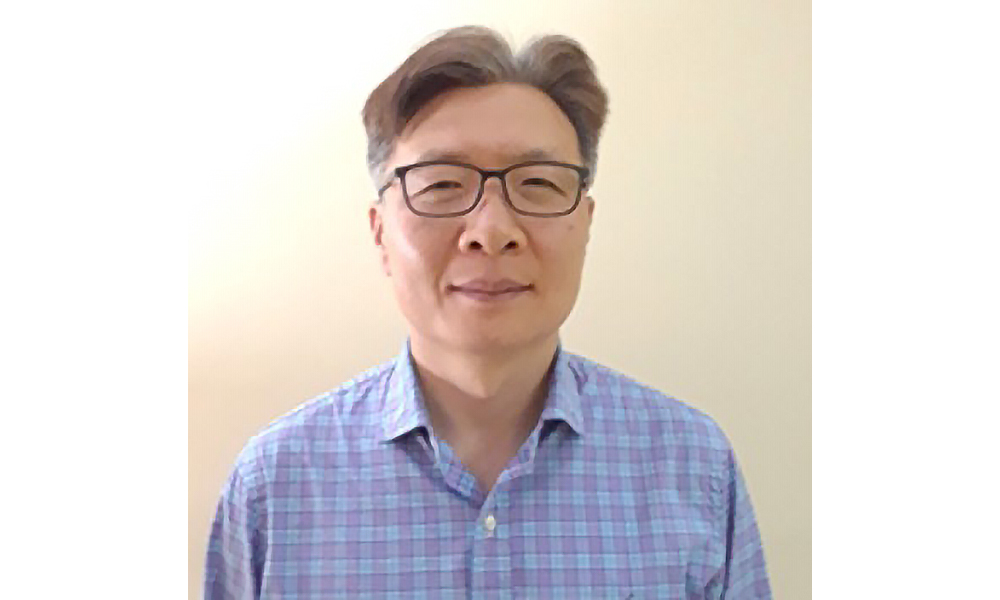
[Image above] Credit: Swetha Barkam
It’s easy to feel isolated when you’re a graduate student. While most of your friends who graduated with bachelor’s degrees have already found a job and are beginning their careers, you’re still in study mode and likely have very little time to stay connected.
Unless you make the effort like Swetha Barkam did.
“It’s a lot harder to meet people when you’re a graduate student,” Barkam explained in a recent interview, “because you already have a lot on your plate.”
Barkam, a process development engineer for Micron Technology, realized the value of staying connected to other graduate students when she was working on her Ph.D. at the University of Central Florida.
“People lose touch once they get a job,” she said. “Toward the end of my Ph.D., it was important for me to get involved with people in my industry.”
Before her studies came to an end, Barkam joined ACerS and was part of the President’s Council of Student Advisors (PCSA)—an ACerS committee of students with a mission of developing future leaders in the global ceramics community.
Later she was offered an opportunity to become a part of the Global Graduate Researcher Network (GGRN), an ACerS membership for graduate students focused primarily on glass and ceramics. She got more involved in both PCSA and GGRN, meeting people and developing more relationships along the way.
One activity she especially enjoyed was demonstrating science experiments to K-12 students. Barkam believes the leadership roles members develop in GGRN and PCSA can help in mentoring and encouraging other graduate and undergraduate students.

Barkam won an award at MS&T16 for her painting depicting the juxtaposition of biological life with abstract art. Credit: ACerS
Barkam quickly learned the value of the connections she made during her ACerS student membership. “You get to know people professionally—and exposed to what is out there,” she explained. “When you’re sitting in your classroom or lab, you don’t know what types of job opportunities or industries [that are hiring] are out there.
“These memberships enabled me to meet a lot of people and get to know professionals from different industries,” she continued. “You get to know people who talk about their jobs and their life and it’s inspiring—it gives you ideas on what you want to be in the future.”
The connections you make are invaluable, she said, because “if you ever feel like you’re lost, it’s good to know you can have a conversation with someone who is experienced, or who’s ‘been there.’”
Her ACerS involvement also helped when she started looking for a job. “GGRN and PCSA give you visibility to a plethora of opportunities after graduation,” she said. “I knew so many people [in GGRN and PCSA] who already knew of my accomplishments—so if there was a job opening in their company they would think of me.”
Barkam offers advice for graduate students who want to succeed in their careers.
“Your involvement shows your leadership qualities,” she continued. “That is a huge plus when you go into a job interview. It shows you didn’t just do research, but you did other things too.
“You really get to know who you are. I also learned more about myself—and that I’m capable of doing more than studying and conducting research.
“You should get involved as much as possible to discover who you are and what you want to do in life,” she recommends.
ACerS Global Graduate Researcher Network (GGRN) is an international membership of ceramic- and glass science-focused graduate students who are interested in professional development opportunities. GGRN provides tools and educational resources to help members advance in their careers. For more information about GGRN’s benefits, visit ceramics.org/GGRN.
Did you find this article interesting? Subscribe to the Ceramic Tech Today newsletter to continue to read more articles about the latest news in the ceramic and glass industry! Visit this link to get started.
Author
Faye Oney
Spotlight Categories
- Member Highlights
Related Posts
Volunteer spotlight: Hyunjun Kim
December 18, 2025
ACerS GOMD History – A Look Back in Time
December 10, 2025


